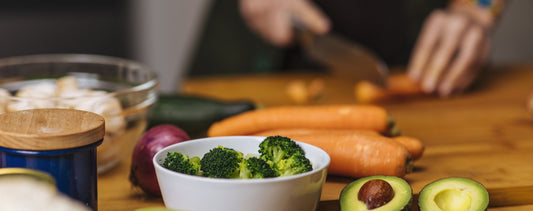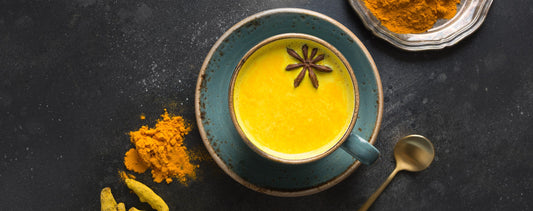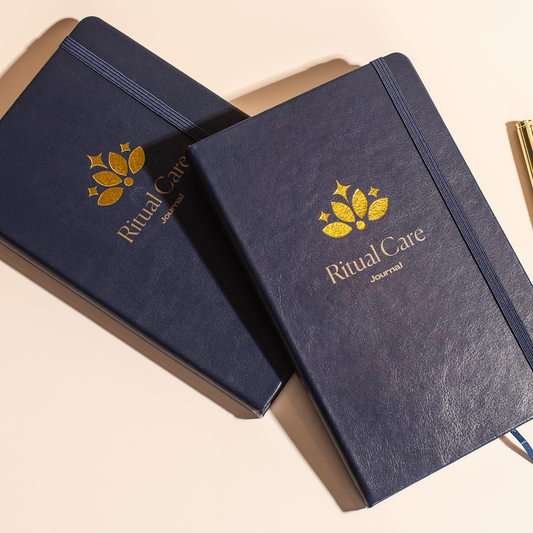Wine has been around for thousands of years, both as a beverage and as a medicine. Researchers have found Egyptian vessels dating from as early as 3150 B.C. that contained remnants of wine. It is believed that the containers originally held large vessels of wine with dissolved herbs that was used as an early form of herbal medicine.
The culture of wine consumption may have changed, but its popularity is booming. New surveys show that today’s millennial population drinks more wine than any previous American generation. While moderate wine consumption (one 5 oz. glass daily for women, two for men) has been linked with several positive health outcomes, excessive wine consumption also has its risks.
When discussing the effect of wine in the body, there are two components to focus on: the alcohol and the plant properties derived from the grapes.
Positive health effects associated with wine, however, do not appear to be due only to the effects of its alcohol content. In one study comparing the effects of red wine with 12 percent alcohol vs 6 percent alcohol, the benefits to health were the same. This data suggests that a component other than alcohol contributes to the health benefits observed with moderate wine consumption.
Though non-dessert varieties of red and white wines contain roughly the same number of calories and alcohol content per volume, there are some differences in the antioxidant activity of each.
Moderate consumption of red wine is linked with:
Interestingly, white wine consumption has recently been linked with a 13 percent increase in skin cancer. The effect was not correlated with time in the sun, as the skin cancer occurrences were mostly in places where people were not typically exposed to very much sunlight. Red wine did not pose these same risks. The mechanism for the increased risk of cancer observed with white wine is not clear. Further study is needed on this issue.
A moderate consumption of wine may be beneficial to your health—both through the lens of Ayurveda as well as that of Western science. As with any medicinal substance, however, it should be consumed consciously or not at all. Honor its effects, observe your body, and enjoy your nourishment—both in your food and in your beverage.
*Editor’s Note: The information in this article is intended for your educational use only; does not necessarily reflect the opinions of the Chopra Center's Mind-Body Medical Group; and is not a substitute for professional medical advice, diagnosis, or treatment. Always seek the advice of your physician or other qualified health providers with any questions you may have regarding a medical condition and before undertaking any diet, supplement, fitness, or other health program.
Learn which foods, exercises, and lifestyle choices benefit your unique mind-body type in our introductory online course with Deepak Chopra, Discovering Ayurveda. Learn More.
The culture of wine consumption may have changed, but its popularity is booming. New surveys show that today’s millennial population drinks more wine than any previous American generation. While moderate wine consumption (one 5 oz. glass daily for women, two for men) has been linked with several positive health outcomes, excessive wine consumption also has its risks.
When discussing the effect of wine in the body, there are two components to focus on: the alcohol and the plant properties derived from the grapes.
Alcohol and Blood Sugar
Alcohol lowers glycemic response (how your blood sugar reacts) following a meal. Intake of alcohol during a large meal decreases post-meal glycemic spikes by up to 37 percent. This is important, since post-meal blood glucose levels are linked with diabetes, inflammation, and heart disease.Positive health effects associated with wine, however, do not appear to be due only to the effects of its alcohol content. In one study comparing the effects of red wine with 12 percent alcohol vs 6 percent alcohol, the benefits to health were the same. This data suggests that a component other than alcohol contributes to the health benefits observed with moderate wine consumption.
Though non-dessert varieties of red and white wines contain roughly the same number of calories and alcohol content per volume, there are some differences in the antioxidant activity of each.
The Properties of Red Wine
Red wine is fermented (the process of changing carbohydrates to alcohol) with remnants of the entire grape, including the skin. This means that red wine is higher in polyphenols (a type of acid, mainly associated with antioxidants) present in those skins––specifically, resveratrol. Grape plants produce resveratrol, a strong antioxidant, in order to fight off bacteria and fungi, and also to protect against ultraviolet (UV) radiation. Researchers are studying the anti-inflammatory and antioxidant properties of resveratrol, but studies of its benefits for humans are still in the preliminary stages.Moderate consumption of red wine is linked with:
- Longevity
- Reduced risk of some kinds of cancers
- Lower rates of depression
- Decreased joint pain
- Decreased risk of heart disease
The Properties of White Wine
In contrast with red wine white, wine is made with just the grape pulp. Skins are left out of the fermentation process. This results in a wine that is still rich in beneficial antioxidants, though lower in the resveratrol found in the grape skins and in red wine. White wine also tends to contain more sugar and sulfites, or prservatives, than red. The benefits of white wine consumption require further research.Interestingly, white wine consumption has recently been linked with a 13 percent increase in skin cancer. The effect was not correlated with time in the sun, as the skin cancer occurrences were mostly in places where people were not typically exposed to very much sunlight. Red wine did not pose these same risks. The mechanism for the increased risk of cancer observed with white wine is not clear. Further study is needed on this issue.
Ayurveda and Wine
Ayurveda views wine as a medicine and advises that it should be consumed in moderation, if at all. Typically, wine has a warm, drying effect on the body due to its diuretic nature. The following Ayurvedic principles should be observed according to your dosha:-
Vata: Choose non-carbonated wine in order to avoid adding excess air qualities to the diet. Avoid champagne and moscato. Opt instead for sweeter, flat wine. Plum or sweet red wine make good choices.
-
Pitta: The already warm and dry-natured Pitta individual must consume wine cautiously, if at all. If consuming wine, aim for 2–4 oz. with a meal, as tolerated, to aid with digestion. If reflux symptoms, cheek flushing, or an increase in body temperature occurs, decrease or stop consumption. Choose bitter or astringent wines, such as a dry chardonnay.
- Kapha: Red wine is a useful beverage for the often sluggish Kapha digestive system. The warmth of red wine may help light the digestive fire as well as dry up excess moisture in the body.
A Word of Caution
Wine can be a powerful substance, and blanket recommendations do not fit each individual. If you have a personal or family history of alcohol dependence, abstaining from alcohol entirely may be your best option. For individuals with diabetes, consult a physician or registered dietitian regarding alcohol consumption and blood glucose monitoring; the alcohol may compound the effect of your medication.A moderate consumption of wine may be beneficial to your health—both through the lens of Ayurveda as well as that of Western science. As with any medicinal substance, however, it should be consumed consciously or not at all. Honor its effects, observe your body, and enjoy your nourishment—both in your food and in your beverage.
*Editor’s Note: The information in this article is intended for your educational use only; does not necessarily reflect the opinions of the Chopra Center's Mind-Body Medical Group; and is not a substitute for professional medical advice, diagnosis, or treatment. Always seek the advice of your physician or other qualified health providers with any questions you may have regarding a medical condition and before undertaking any diet, supplement, fitness, or other health program.
Learn which foods, exercises, and lifestyle choices benefit your unique mind-body type in our introductory online course with Deepak Chopra, Discovering Ayurveda. Learn More.






















